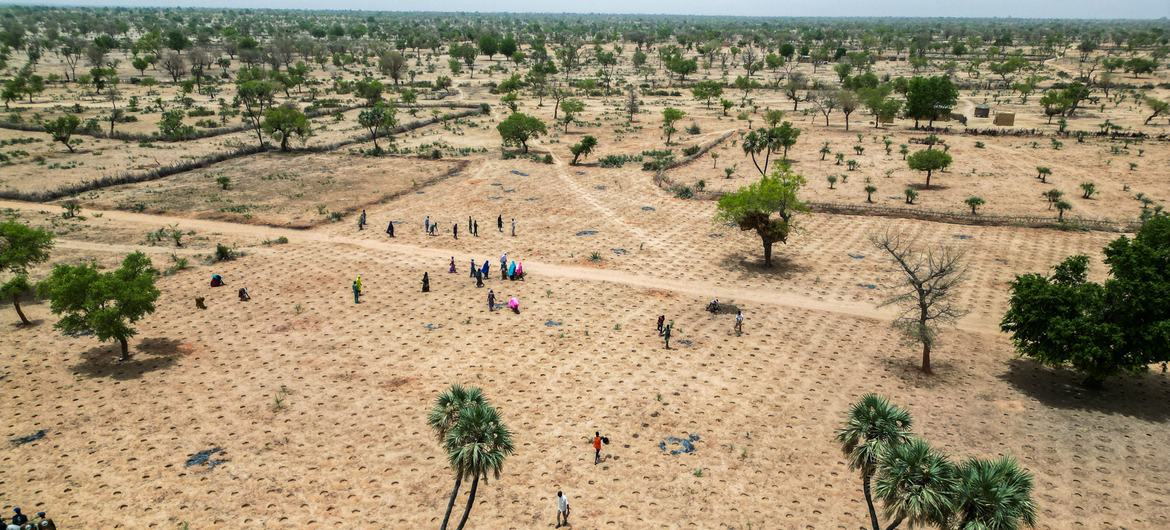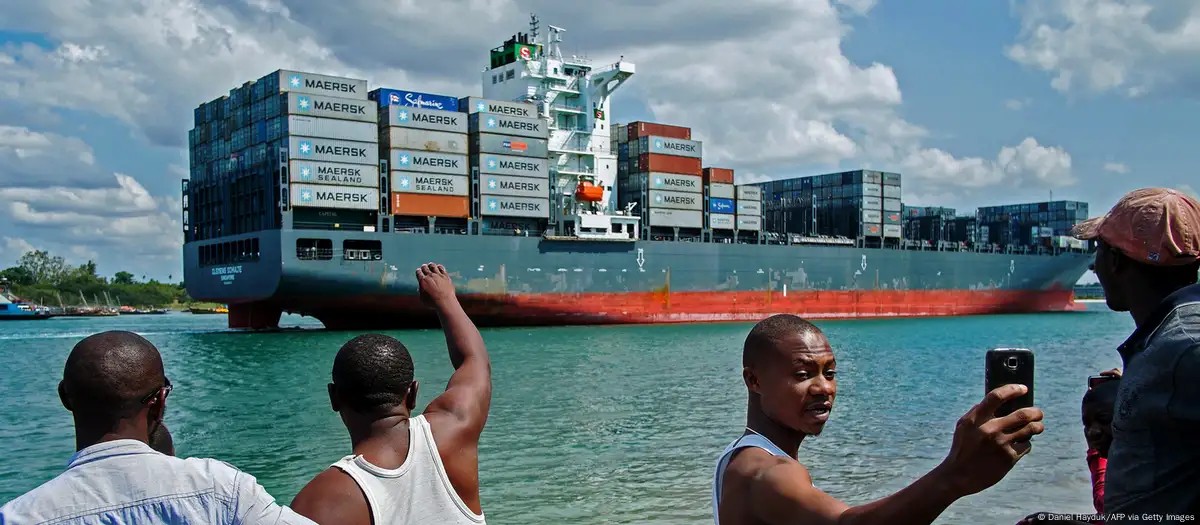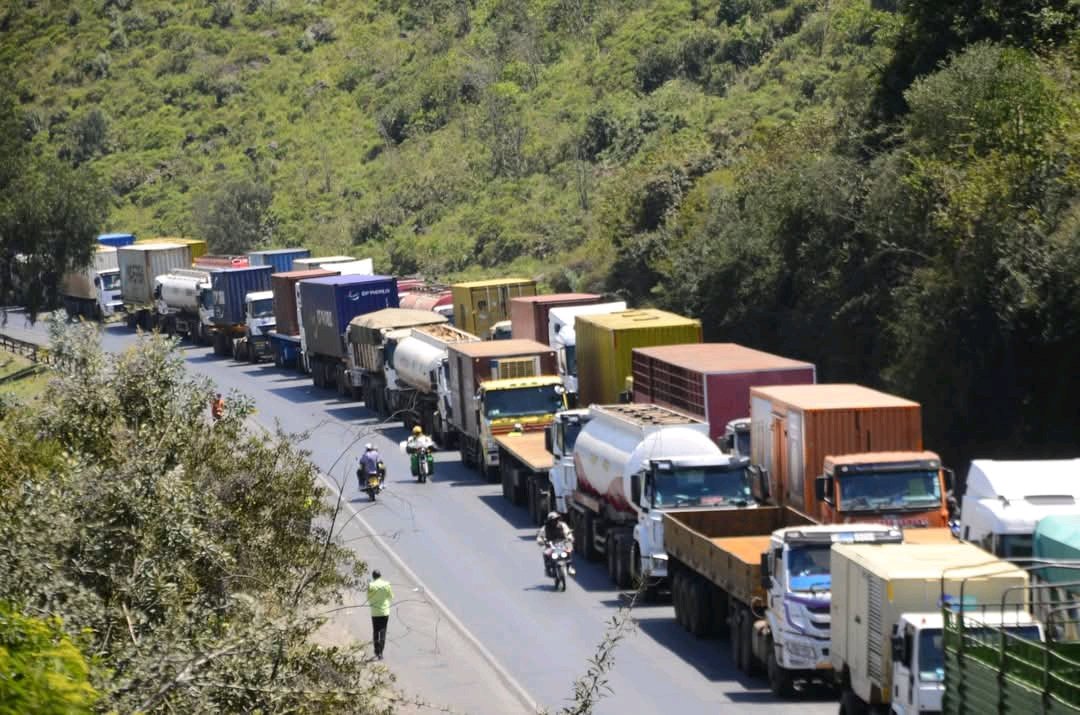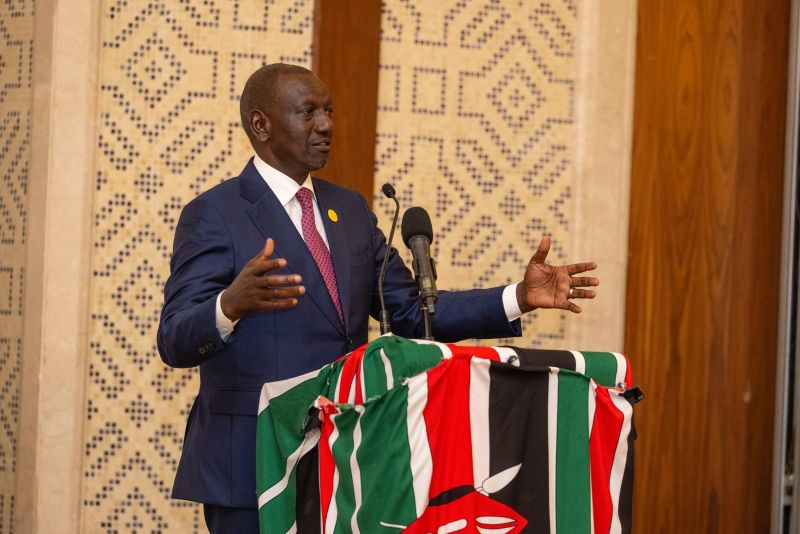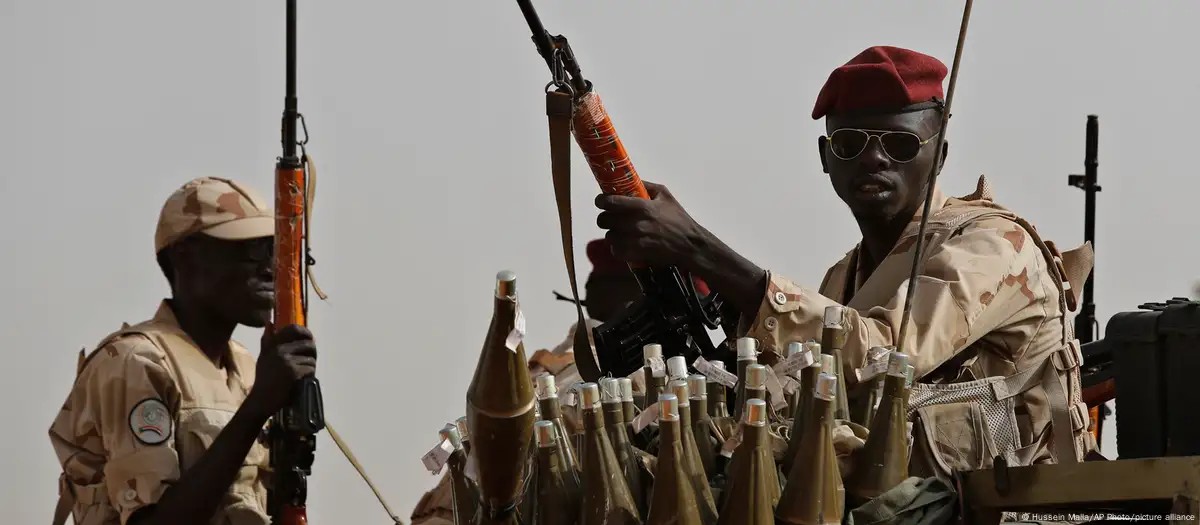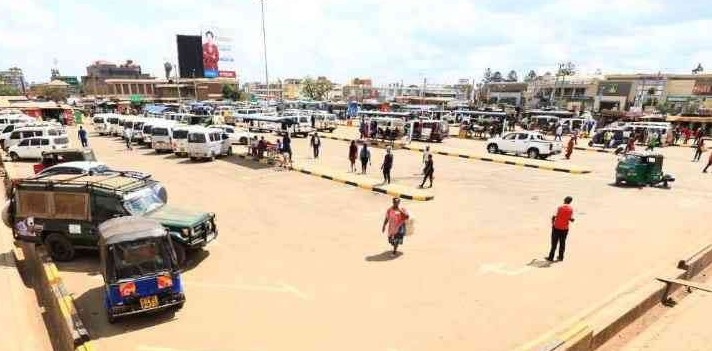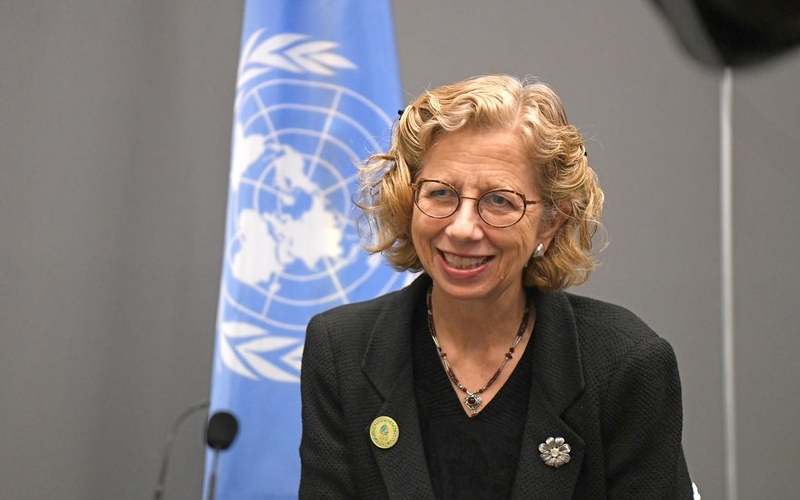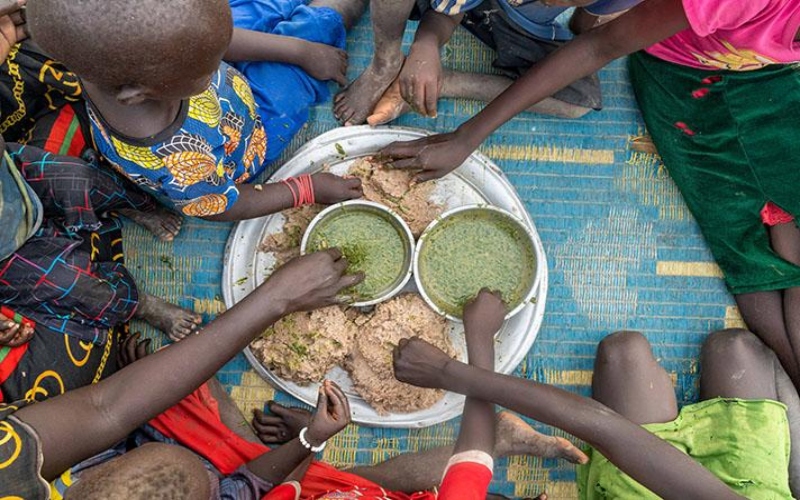Deadly paths and daunting challenges refugees face while fleeing their homes
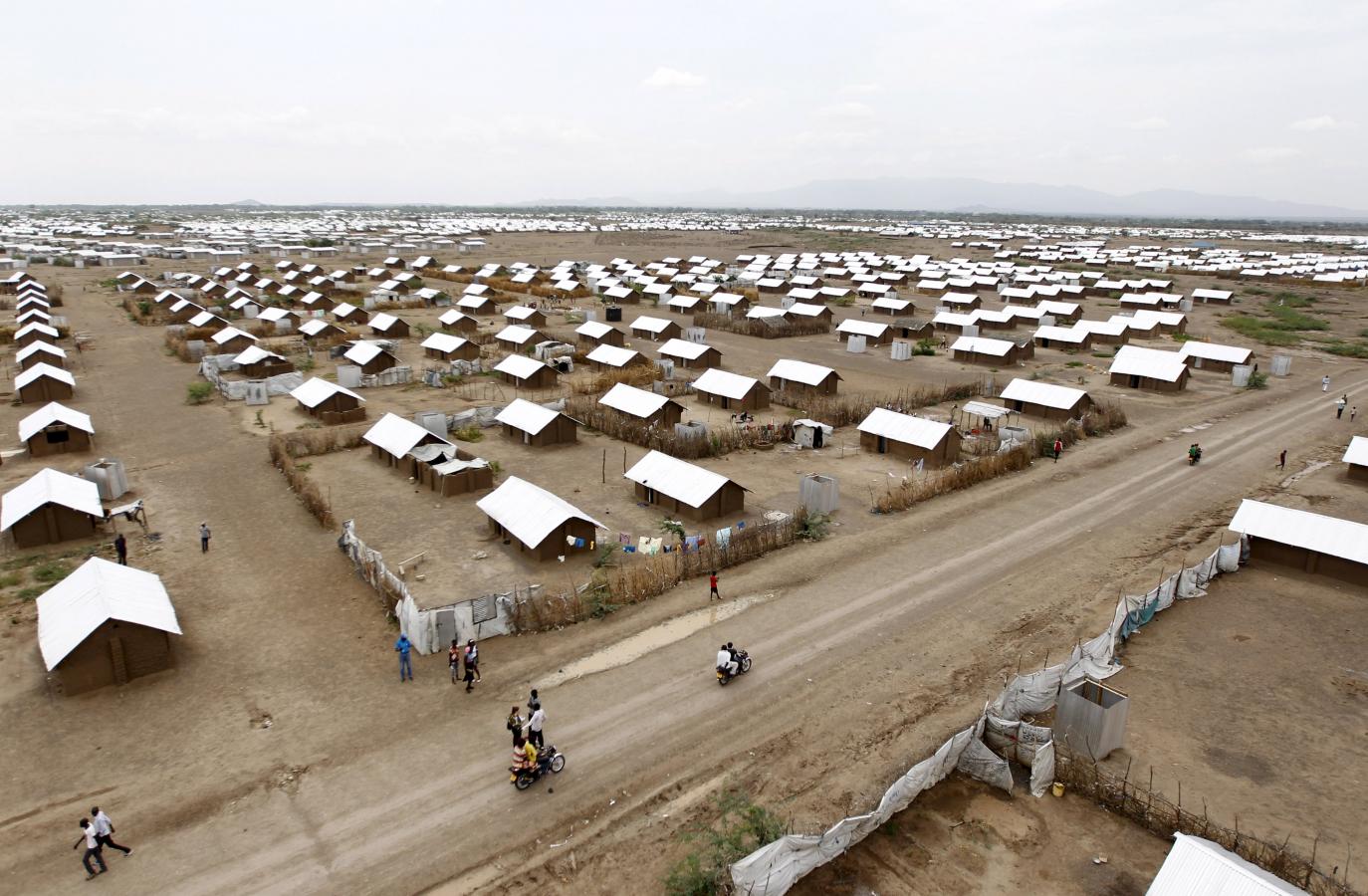
Over a three-year data collection period, the report documents a troubling increase in people undertaking hazardous land journeys.
The ongoing global conflicts and escalating climate crises continue to forcefully displace millions of people, compelling them to flee their homes.
According to the United Nations High Commissioner for Refugees (UNHCR), more than 120 million individuals have been uprooted, marking one of the most significant displacement crises in recent history. As they embark on these journeys, many face daunting challenges, including exploitation, trafficking, and grave risks, especially during desert crossings.
More To Read
- Libya rescues 49 Sudanese migrants off western coast
- Over 30 million people in Sudan in need of humanitarian assistance: UN agencies
- Court quashes revocation of refugee status for Rwandan accused of 1994 genocide
- In Africa’s Sahel, conflict and climate change force millions from their homes
- UNHCR Chief Filippo Grandi warns world against growing numb to atrocities
- Only 13 survive after boat carrying 74 migrants capsizes off Libya: UN
A recent report released by the UNHCR, the International Organisation for Migration (IOM), and the Mixed Migration Centre (MMC) sheds light on the severity of these challenges. Titled "On this journey, no one cares if you live or die" (Volume 2), the report reveals alarming insights into the perilous routes refugees and migrants undertake. It highlights that more individuals now traverse the Sahara Desert than attempt the Mediterranean Sea crossing.
Fatalities among those crossing the desert are estimated to be twice as high as those at sea, highlighting the often-overlooked dangers of land routes.
Over a three-year data collection period, the report documents a troubling increase in people undertaking hazardous land journeys. This rise is fueled by deteriorating conditions in both their countries of origin and host nations. Factors such as new conflicts in regions like the Sahel and Sudan, escalating climate change impacts and natural disasters across East and Horn of Africa, and rising incidents of racism and xenophobia affecting refugees and migrants contribute significantly to heightened risks.
The report highlights a concerning rise in criminal elements and militias operating with impunity, enabling horrific crimes such as human trafficking, kidnapping for ransom, forced labour, and sexual exploitation. Smuggling routes are increasingly shifting to remote, less-regulated areas to evade authorities and conflict zones, exposing travellers to heightened risks.
![A general view of the tents set up by displaced Palestinians in Nuseirat refugee camp after Israeli forces issued evacuation orders for Palestinians in eastern Rafah on May 10, 2024 in Deir al-Balah, Gaza [Ashraf Amra – Anadolu Agency]](https://publish.eastleighvoice.co.ke/mugera_lock/uploads/2024/05/AA-20240510-34521155-34521153-CIVILIANS_FLEEING_ISRAELI_ATTACKS_SET_UP_A_TENT_CITY_IN_NUSEIRAT_REFUGEE_CAMP-ezgif.com-webp-to-jpg-converter.jpg) A general view of the tents set up by displaced Palestinians in Nuseirat refugee camp after Israeli forces issued evacuation orders for Palestinians in eastern Rafah on May 10, 2024 in Deir al-Balah, Gaza [Ashraf Amra – Anadolu Agency]
A general view of the tents set up by displaced Palestinians in Nuseirat refugee camp after Israeli forces issued evacuation orders for Palestinians in eastern Rafah on May 10, 2024 in Deir al-Balah, Gaza [Ashraf Amra – Anadolu Agency]A general view of the tents set up by displaced Palestinians in Nuseirat refugee camp after Israeli forces issued evacuation orders for Palestinians in eastern Rafah on May 10, 2024 in Deir al-Balah, Gaza [Ashraf Amra – Anadolu Agency]
Despite international commitments to uphold human rights and protect vulnerable populations, the report concludes that current global efforts fall short. Significant gaps persist in providing adequate protection and assistance.
In response to these dire circumstances, the UNHCR and their partners have intensified efforts to provide life-saving protection services, assistance, and referral mechanisms along these dangerous migration routes.
They advocate for comprehensive, context-specific protection responses that prioritise saving lives and alleviating suffering. This includes addressing the root causes of displacement and irregular migration through initiatives promoting peacebuilding, human rights, good governance, inequality reduction, climate action, and social cohesion.
The report aims to catalyse global action to address critical gaps in responding to displaced populations on the move, stressing the urgent need for concerted international efforts to protect and support refugees and migrants in their pursuit of safety and dignity.
Tragically, the report also highlights the staggering human toll of these perilous journeys. Nearly 30,000 migrants have been declared dead or missing while attempting to cross the Mediterranean to Europe in the past decade.
Between January 2020 and May 2024, at least 1,180 individuals lost their lives attempting to cross the treacherous Sahara Desert. Laurence Hart of the IOM grimly noted that currently, an average of five deaths per day are recorded on desert routes, highlighting the ongoing humanitarian crisis and the urgent need for effective global responses to protect the most vulnerable.
During World Refugee Day, Filippo Grandi, the UN High Commissioner for Refugees, underscored the imperative for world leaders to resolve conflicts and address displacement.
He emphasised, "The solution deficit continues to grow as more people are forced to flee than can return home, resettle in a third country, or integrate fully into the country where they have sought safety. In other words, forced displacement is outpacing solutions for those on the run."
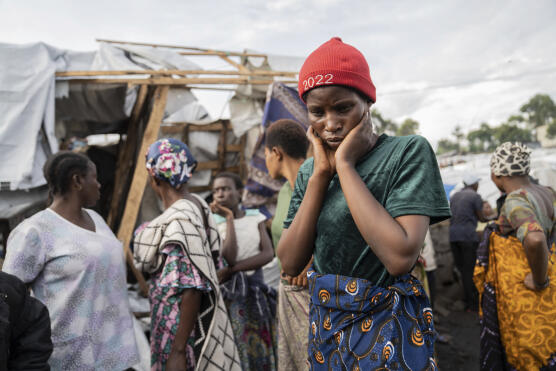 People gather at the side of an explosion in a refugee camp on the outskirts of Goma, Democratic Republic of the Congo on May, 3, 2024. (Photo: AP/Moses Sawasawa)
People gather at the side of an explosion in a refugee camp on the outskirts of Goma, Democratic Republic of the Congo on May, 3, 2024. (Photo: AP/Moses Sawasawa)
Top Stories Today
